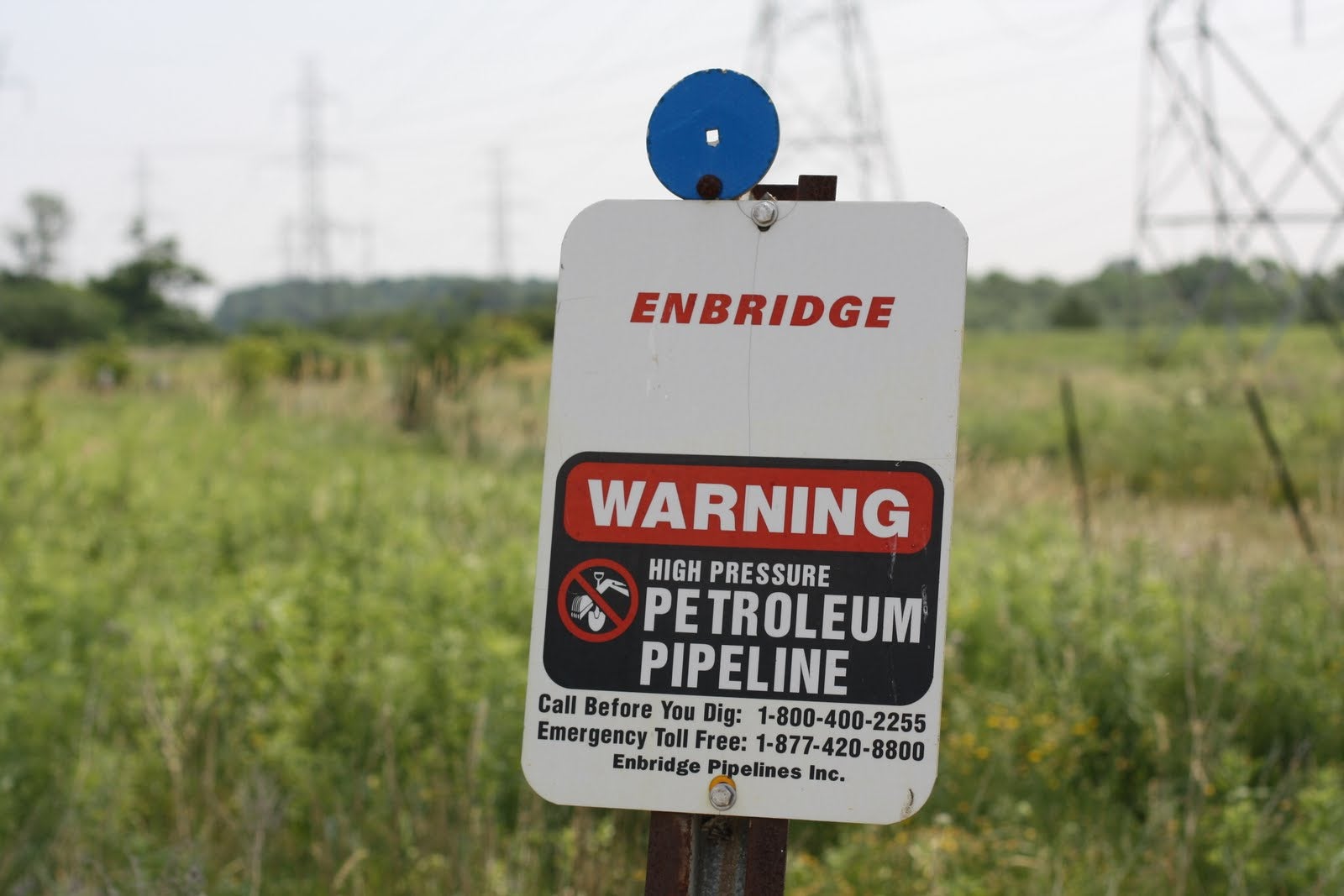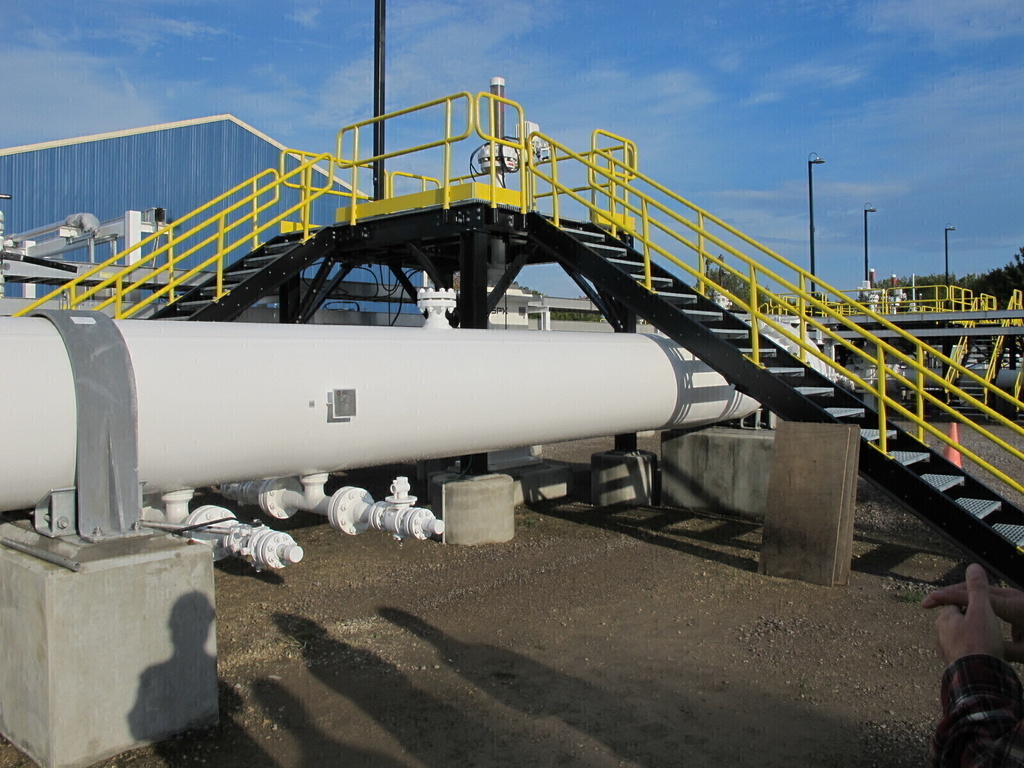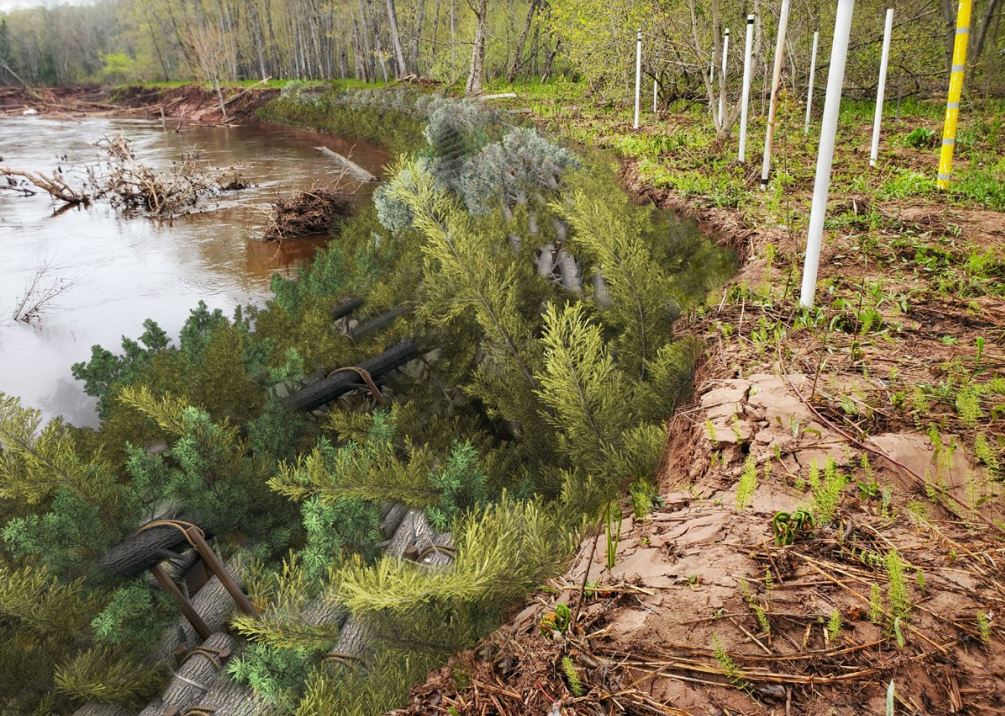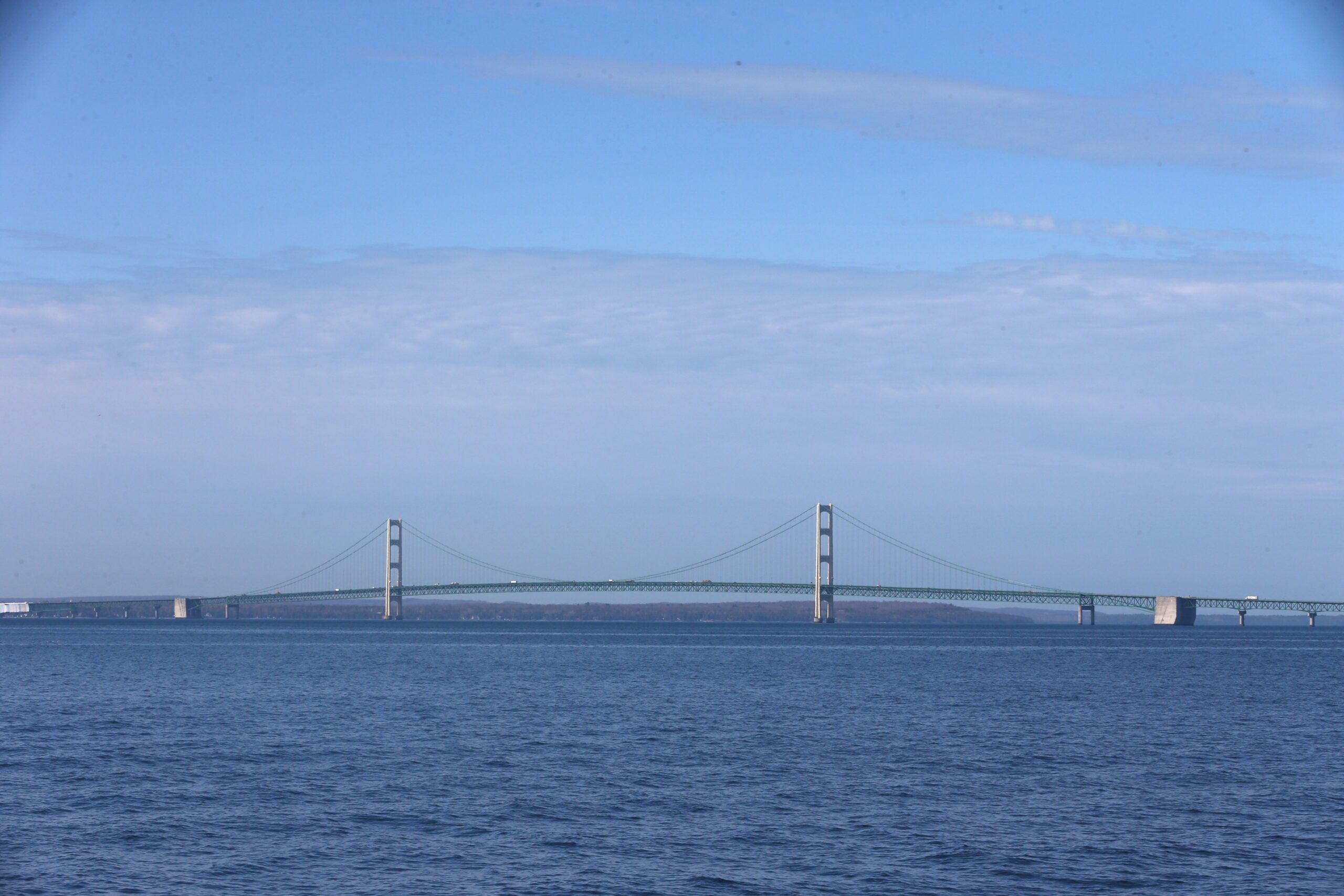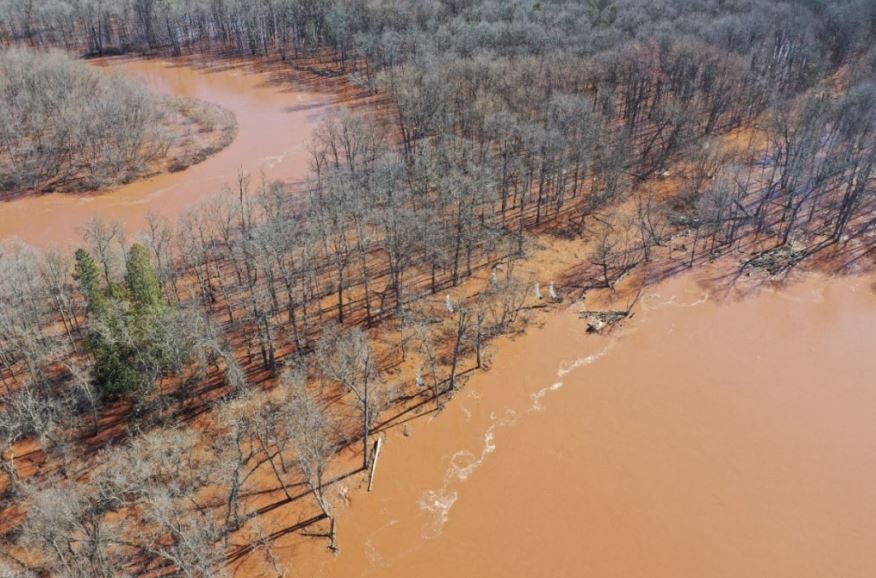More than 60 environmental and tribal groups have signed a letter to President Barack Obama criticizing an oil pipeline expansion at the U.S.-Canada border.
The letter, sent Thursday, calls for Enbridge Energy’s proposed Line 67 expansion to be held to the same review process as the controversial Keystone XL project. In February, Obama vetoed a congressional bill that sought to approve the Keystone pipeline, saying it tried to bypass review of the project.
“(W)e are deeply concerned by the State Department’s recent authorization of pipeline company Enbridge’s plan to dramatically increase the amount of tar sands they are importing across the border via their Alberta Clipper and Line 3 pipelines,” the letter reads. “Enbridge’s plan allows them to blatantly skirt environmental reviews that even the State Department has previously said were necessary.”
Stay informed on the latest news
Sign up for WPR’s email newsletter.
Enbridge has proposed expanding capacity on its Line 67 pipeline that runs from Hardisty, Alberta to Superior. The pipeline that initially transported 450,000 barrels per day would carry up to 800,000 barrels per day under the plan.
Peter Anderson with 350 Madison said Enbridge is circumventing the State Department’s review by sending more oil through its Line 67 pipeline and then diverting it to another line at the border.
“The president should use the same policy that he has been applying to Keystone for this Enbridge pipeline,” said Anderson. “Give it an environmental review and not let fancy-pantsy lawyers play games with switching these things around from one pipeline to another pipeline with the sole purpose of evading that review.”
An Enbridge spokeswoman said the company is operating their pipelines legally at the border.
“Enbridge is in compliance with the existing Line 3 and Line 67 cross-border presidential permits, and the interconnections, which are designed to enhance the efficiency of Enbridge’s system, are not subject to the permits because they are located outside the border areas to which those permits apply,” said Lorraine Little, an Enbridge spokeswoman, in a prepared statement.
Anderson said the issue of more oil being transported across the border also speaks to the administration’s commitment to combat climate change.
“We can’t say we’re going to do this and do that to reduce our dependence on fossil fuels and shift to a renewable economy if at the same time we’re opening the taps to the second-largest new oil deposit up in Alberta, Canada, and bringing that online and bringing pipelines online to ship that to the U.S. and to foreign markets,” Anderson said.
In the prepared statement, Little said Enbridge recognizes climate change is a critical issue and cites around $4 billion of investment by the company in renewable and alternative energy projects in the U.S. and Canada.
“While we don’t produce the fossil fuels we transport, we’re committed to advancing climate solutions within our company, within our industry and at a broader collaborative level with our customers, partners and stakeholders,” writes Little. “As a transporter of energy products, our focus is on the safe and reliable operations of our pipelines.”
Environmental groups sued the State Department in November for allowing Enbridge to send more oil across the border, claiming it violates the National Environmental Policy Act.
A U.S. State Department spokesman declined to comment Thursday on its review of Enbridge’s pipeline expansion, citing the ongoing litigation.
In April, a spokeswoman with the State Department provided the following statement on the review process: “As with all pipeline Permit applications that are before the State Department, we are committed to considering Enbridge’s Line 67 Expansion Project application in a manner that is rigorous, transparent, and objective in accordance with Executive Order 13337.”
The lawsuit also alleges the State Department has failed to comply with Freedom of Information Act requests related to the proposed expansion.
The case will be argued before a judge on Sept. 10 at the federal courthouse in Minneapolis.
Wisconsin Public Radio, © Copyright 2024, Board of Regents of the University of Wisconsin System and Wisconsin Educational Communications Board.

